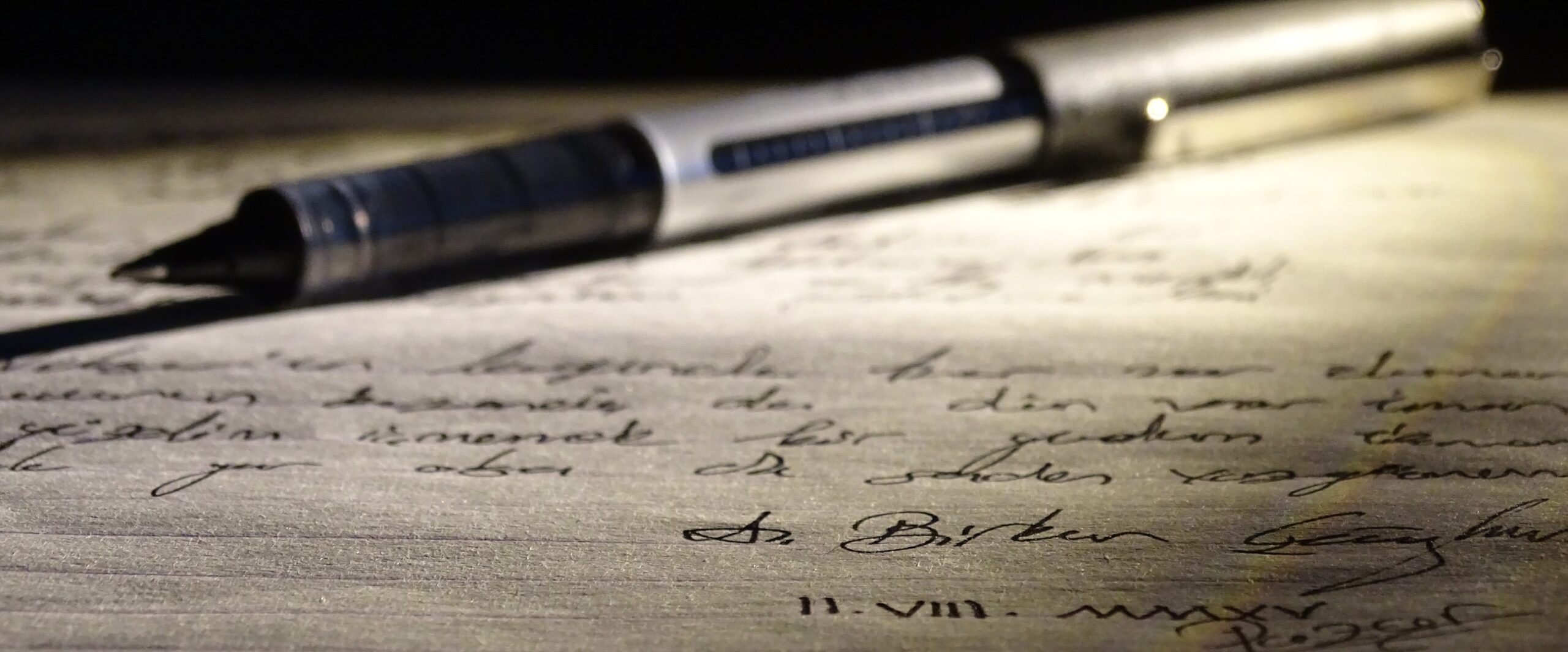Note: This article was updated on September 30, 2016.
Following a letter she published in The New York Times, Honors College Professor Ellen Handler Spitz was a guest on the BYU Radio Network program “Top of Mind with Julie Rose” to discuss the importance of handwriting and the psychological and intellectual benefits it can have for students.
During the interview segment, Spitz talked about a writing exercise that students in her seminar do to answer a question that she poses at the beginning of each class.
“They take out their pens, they think about the question, and they write,” explained Spitz. “The whole rest of class we talk to each other, and if they take notes, I want them to take it with a pen…what I get from them is something very intimate, personal, and immediate. There is nothing that comes between their thoughts and what I am experiencing. When they go on the Internet, their laptops, or devices, there isn’t that immediacy.”
Spitz also referenced prior research that found students remember notes better when they are handwritten, rather than typed out on a laptop or device, and she emphasized the value of cursive handwriting to connect letters to words, sentences, and thoughts.
The radio interview followed a response Spitz wrote to a column published August 20 in The New York Times Sunday Review titled “Handwriting just doesn’t matter.” Spitz wrote a letter to explain the value of handwriting in the classroom.
“As a humanities professor at a large public university with a diverse student population, I ask my students to write longhand in class each week. At first, some protest, but I persist, for I have found that intimacy, immediacy and personal quality infuse their handwritten essays,” Spitz wrote in the letter published August 30.
“Socrates argues in the ‘Phaedrus’ that speech is preferable to writing. I concur, believing that lively class discussion outshines written work in the educational process. But I also hold that writing by hand is second best: informal and quirky, sometimes messy, but straight from one heart and mind to another’s.”
Read the complete letter on The New York Times website.
Spitz is the author of six books on the arts and psychology. She teaches interdisciplinary seminars in aesthetics, literature, psychology, and the visual arts. Read more on the Honors College website.
Image: “Handwritten” photo. CC by 2.0.
Tags: CAHSS, HonorsCollege




